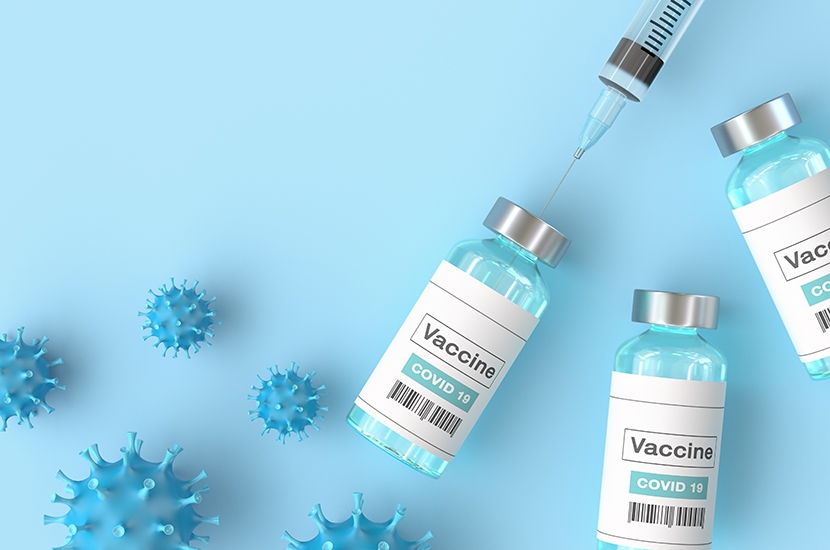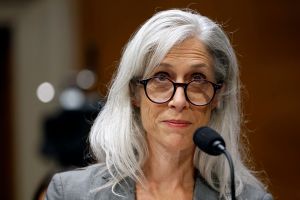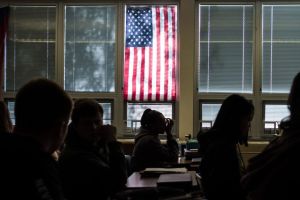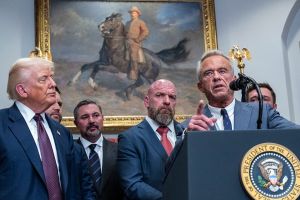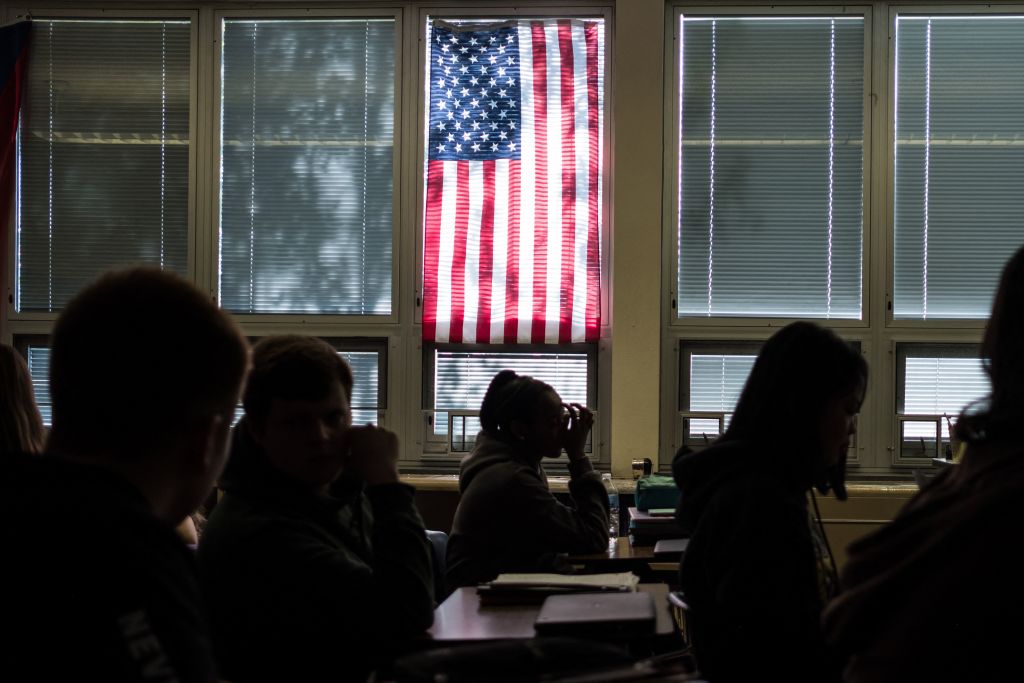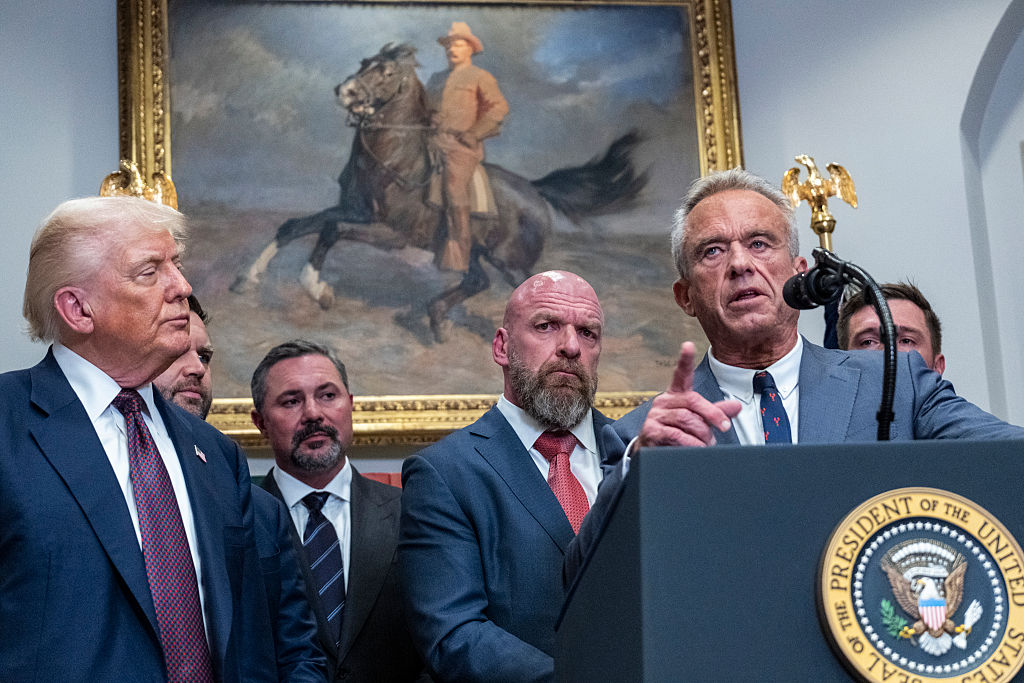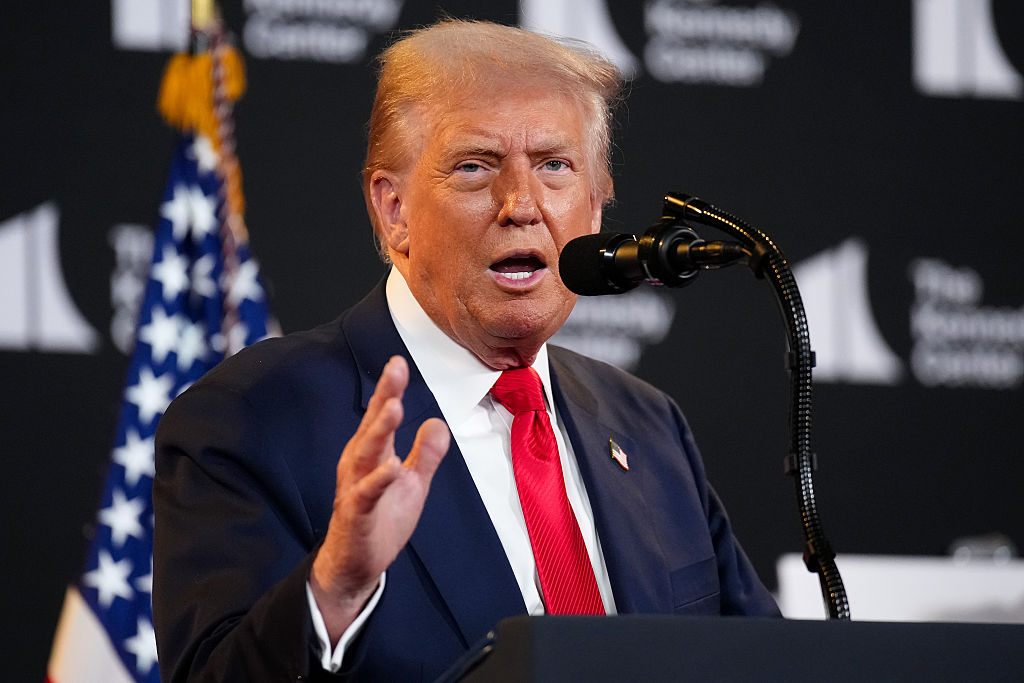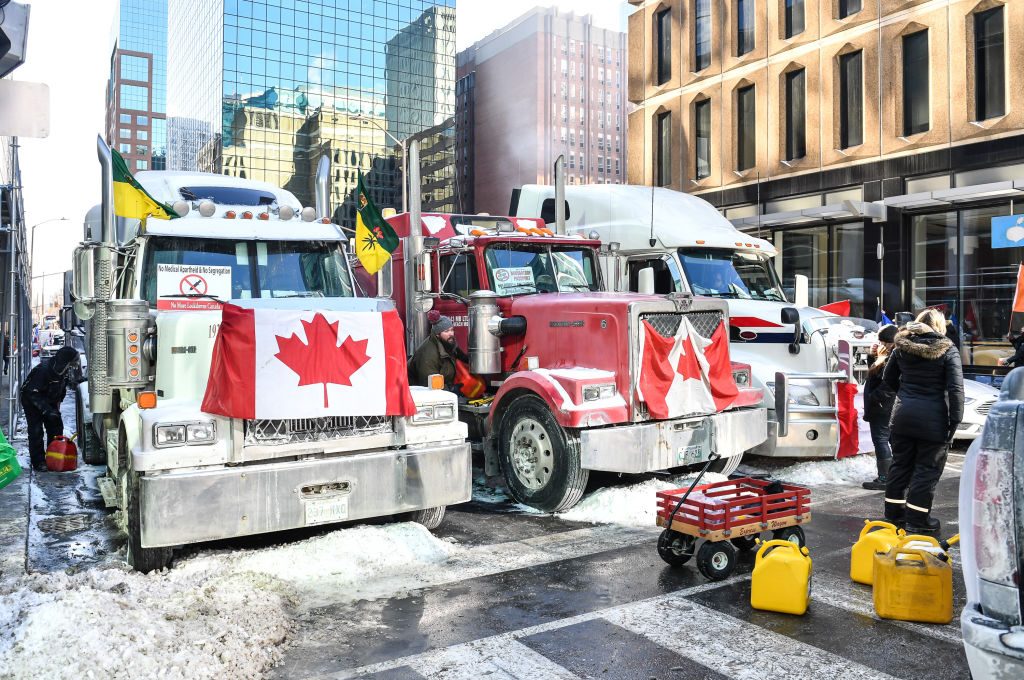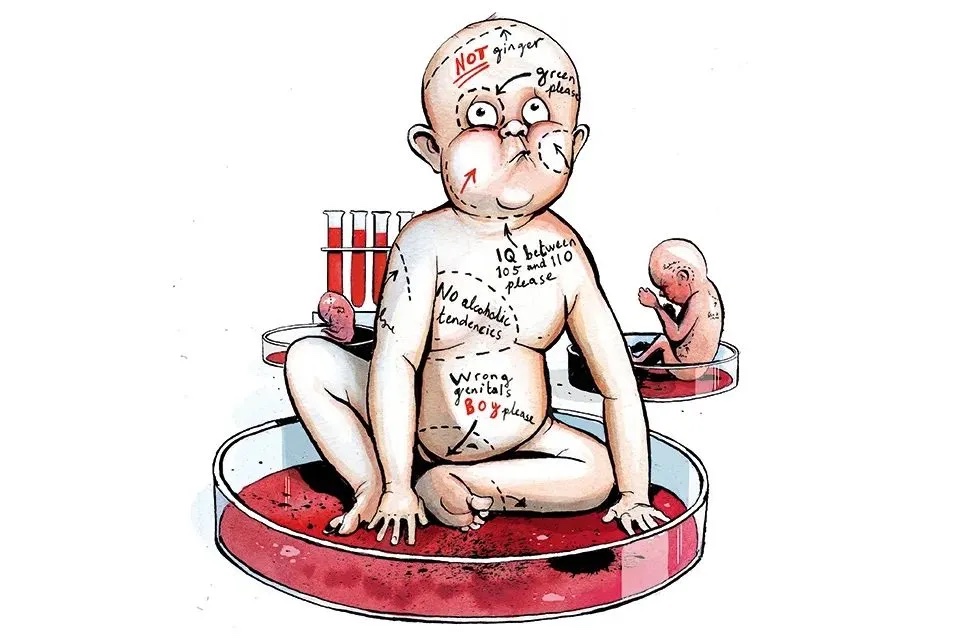Everyone has their own COVID-19 story, and here’s mine. I caught it in a British supermarket in late March last year, when 200 clearly deranged panic-buyers set about stripping the store of its every last ready meal. Web designers grasping the last known packet of Our Best Ever Prawn Cocktail, real estate agents fighting over the gooseberry and elderflower yoghurts: it felt like the end of times, and was actually one of the scariest experiences I have ever had. My friend Russell got it at around the same point at his daughter’s PTA meeting. He spent five weeks in hospital. Another parent died.
There were four of us in this small apartment. We knew if one of us got it, we all would. It was my daughter Martha, aged 20, who first started showing symptoms. Her COVID was both easily identifiable (dry cough, sore throat, fatigue, slight breathlessness) and, happily, very mild. My symptoms were altogether odder, but Martha had a friend, a fourth-year medical student, who was working on the Oxford COVID project. She texted him and asked him about my symptoms. Atypical though they were, every one of them checked out.
Fortunately my COVID was mild too. I was unwell for three weeks, but never so badly that I had to stop work. We freelance writers are a hardy crew, inspired by terror of encroaching poverty to keep on working even if our leg is hanging off by a thread. Who needs a leg to type?
Having had the disease and, I thought, kicked it into the long grass, I kept bumping into people I knew in the street and telling them that I had had it. Every single one of them took an inadvertent step back. People kept saying ‘Are you sure you had it?’, because obviously I was still alive. We should never allow ourselves to forget the overwhelming fear that dominated all discourse at the time. But I carried on working, and actually wrote an entire book during lockdown. (It wasn’t bad, either.) In the fall, though, I started to feel very tired. It’s a reaction to all the work, I assumed. I haven’t really stopped for 35 years. Would a short rest would do me good?
A short rest turned into a long rest. I ended up taking January and February off, and although I was beginning to recover, it was painstakingly slow. Was I just getting old? The mirror suggested the beginning of a tragic decline into senescence. I had bags under my eyes you could carry shopping in.
I booked a vaccine as soon as I was able. After the shot I had very minor side effects which, curiously, mirrored the symptoms I had during COVID but at about 5 percent of the ferocity. This seemed to verify that I had had the disease, for I’d never been tested. When I was ill, there were no tests for anyone unless you were the British prime minister. But the big surprise happened on day three.
Quite simply, I woke up with more energy than I’d had in months. My brain was working (as it had been only intermittently), and my physical energy was restored to factory settings. I didn’t mention it to anyone in case it was a false dawn, but my feeling of wellbeing prevailed. On one of the Apollo missions the computer crashed. The advice from Mission Control was ‘switch it off and switch it on again’. I think that’s what the vaccine has done to me and my immune system. I think that what had troubled me for seven or eight months was a mild version of long COVID, never debilitating, but consistently tiring and strangely dispiriting. And overnight it simply disappeared.
Every morning I make the bed. For months this had been an enormous effort. Just plumping up the pillows felt like a bridge too far. If a hot water bottle wasn’t immediately accessible I grumbled and sighed audibly. Post-vaccine, this has just become another duty to be undertaken and forgotten about, while I happily mull over what I am going to write today. Until last week I hadn’t been out to the shops twice in a day for months. One trip to the supermarket and I was exhausted. Forgot to buy mozzarella? I’ll get it tomorrow. Since the vaccine, I have regularly gone out twice in a day. These are ridiculously trivial things, but they make the vastest difference to your quality of life.
The weird thing is that for all those months I thought I was living a normal existence. But I was an invalid, and I never knew it. We become accustomed to the new normal, whatever it is, and we assume life will always be this way. Only when the burden has been lifted do you realize that there was a burden at all.
Slowly, stories of people getting over this damn thing are filtering into the press. It’s a bit early for any serious research on the subject, but anecdotal evidence is growing. Some people who were iller than I was have reported smaller improvements in their health. Many have reported no improvement at all. But several people I know have said that what happened to me has also happened to them. Like a lot of people who had COVID, I worried that the vaccine would do me more harm than good, and it’s a total shock that the reverse has happened. There are other benefits too. In February, researchers at Mount Sinai hospital in New York revealed that people who caught the disease had between 10 and 20 times more antibodies after their first vaccine than those who hadn’t. They said that previous COVID sufferers might not need a second injection at all.
The main thing is, it’s real. It’s not an illusion, it’s not psychosomatic, and it’s rather wonderful. If you have had long COVID, the vaccine is not something to fear — it’s something to embrace. I just have to hope it lasts. Some people, I read, have said that their long COVID returned three weeks after they were given the vaccine. Three weeks after I had the vaccine is the day this magazine comes out. Wish me luck.
This article was originally published in The Spectator’s UK magazine. Subscribe to the US edition here.



